Can Parking Brake Make Noise? Fix Different Types of Noises
Yes, parking brakes can make noise, which can be a symptom of safety and maintenance concerns. This guide discusses the causes, types, and implications of parking brake noise, offering insights on prevention and addressing issues to maintain a reliable vehicle braking system. Let’s get going!
Can Parking Brake Make Noise?
Yes, parking brakes can make noise and one common reason for parking brakes to be noisy is rust or corrosion on brake components.
Over time, moisture and exposure to elements can lead to the development of rust on brake pads, brake rotors, or brake calipers.
When you engage the parking brake, especially after you have rain or you live in humid conditions, the rust can create a grinding or squeaking noise.
Additionally, if you have a loose or improperly adjusted parking brake cable, it can cause noise. If the cable is too slack, it may not apply brake pads evenly, leading to vibrations and noises when the brake is engaged.
On the other hand, if the cable is too tight, it can cause unnecessary friction, resulting in noise when the parking brake is released.
Worn or damaged brake components can also be the culprits. When the brake pads or brake shoes are excessively worn, or the brake calipers are damaged, it can lead to the noise you experience when the parking brake is applied.
In some cases of our clients, we noticed that foreign objects or debris may become lodged in the brake system, causing these unusual noises. These foreign materials can interfere with the normal operation of brake components, resulting in various sounds when the parking brake is used.
Different Types of Parking Brake Noises and Their Meaning
Parking brakes can create various noises that might indicate you have different issues. In this section, we will discuss certain types of noises a parking brake can produce, helping you identify the specific problem based on the sound you hear. Let’s see.
Squeaking or Squealing
A high-pitched squeaking or squealing noise when engaging or releasing the parking brake can be a sign of rust or corrosion on brake components. It can also result from worn brake pads or shoes, which have wear indicators designed to create this noise as a signal for replacement is detected.
Grinding or Screeching
If you have a grinding or screeching noise, it can be more severe and usually signifies that you have a metal-to-metal contact, which is not a good sign. It can be due to worn-out brake pads, rusted brake rotors, or damaged brake calipers. This noise often indicates the need for immediate inspection and repair of calipers.
Clicking or Popping
If you hear a clicking or popping noise when you are applying or releasing the parking brake, it might be due to an issue with the parking brake cable or brake shoe adjusters. Inspect the cable for any damage or misadjustment.
Clunking or Thumping
If you hear a clunking or thumping sound, it could be the result of loose or damaged parking brake components, such as a loose cable or improperly secured hardware. Check the parking brake system for loose connections or if you have any damaged parts.
Whirring or Humming
Unusual whirring or humming noises when using the parking brake might indicate there is an issue with the brake cable. This can be caused by friction or a problem with the cable’s winding mechanism. Inspect the cable and its connections for any problems.
How to Prevent Parking Brake Noises?
To prevent and address parking brake noises, we recommend you follow these steps:
Regular Inspection
Periodically inspect the parking brake components for any signs of wear, damage, or rust. Identifying issues early can help you prevent the noise from developing.
Lubrication
Apply appropriate brake lubricant to the moving parts, such as cables, pivot points, and contact areas. Lubrication can help you reduce friction and prevent the noise caused by metal-to-metal contact.
Proper Adjustment
Ensure that the parking brake is correctly adjusted, as both too-loose and too-tight settings can lead to noise. Consult the vehicle’s manual for any guidance on adjustments.
Avoid Overapplication
Do not excessively pull or engage the parking brake. Applying too much force to the brake can lead to noise and put undue stress on the system.
Regular Use
Occasionally engage and disengage the parking brake. Doing so will keep it in good working condition. This practice prevents components from becoming stuck, reducing noise issues.
Professional Maintenance
If you’re unable to resolve parking brake noise problems on your own or if the noise persists, seek the expertise of a certified mechanic. They can conduct a thorough inspection and make necessary repairs or adjustments that may require.
Quality Brake Parts
When replacing the brake components, opt for high-quality OEM (original equipment manufacturer) or any recommended aftermarket parts. Substandard components may contribute to noise issues.
You May Also Like
- How do I Reset Parking Brake Light? Demystifying Dashboard Lights
- How does a Caliper Parking Brake Work? Unveiling the Mechanics!
- How to Tell If Parking Brake is Stuck? Uncover the Mystery!
- Difference Between Park and Parking Brake – (Understanding Auto Lingo)
- When to Use Park Brake? Mastering the Art of Parking!
- Park Lights Come On When the Brake is Pressed – Understanding the Link!
- Brake Lamp Bulb Fault – Replacing a Faulty Brake Lamp Bulb!
- Park Brake Limited Function Service Required – Expert Tips for Maintenance!


Meet Lakith, the driving force behind MyGasMagazine.com. A seasoned mechanic with over 7 years of hands-on experience in our family-run Gas Mag Garage, Lakith combines his technical expertise with a deep passion for cars. His journey in the automotive world began alongside his father, learning the intricacies of car repair and maintenance. Today, as the founder of MyGasMagazine.com, Lakith shares his wealth of knowledge, offering readers a unique blend of practical advice, industry insights, and engaging stories from the vibrant car culture of Sri Lanka.

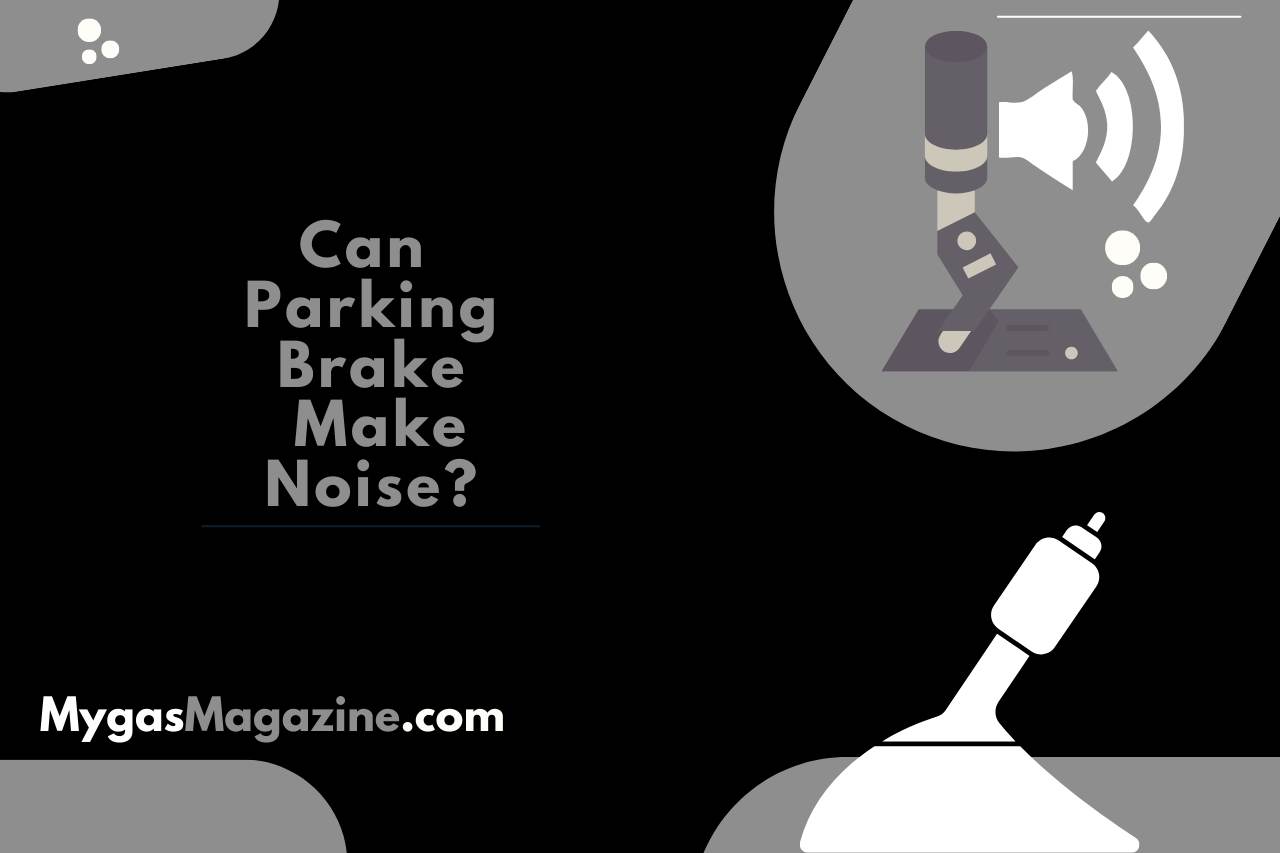
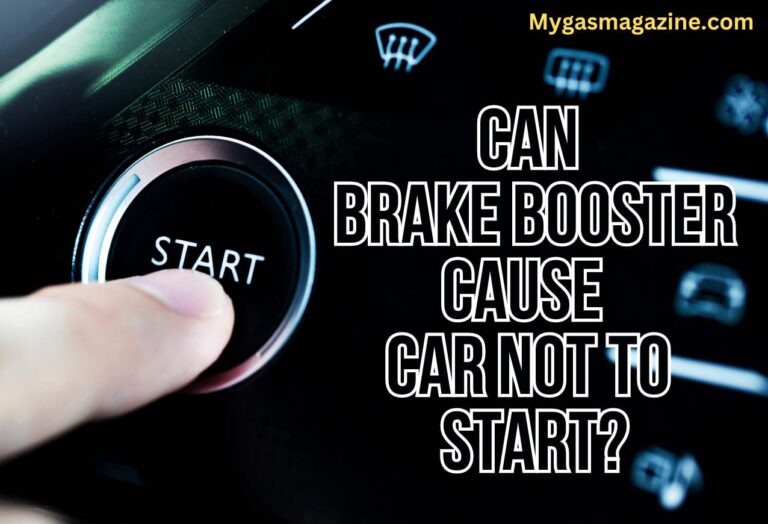
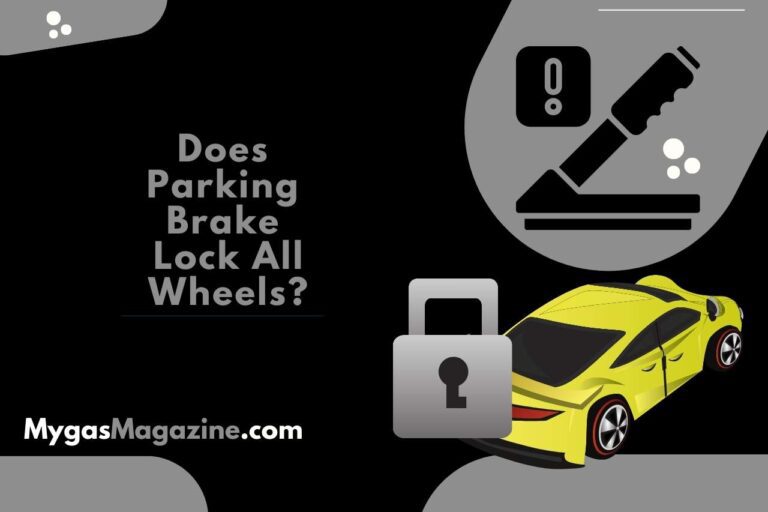
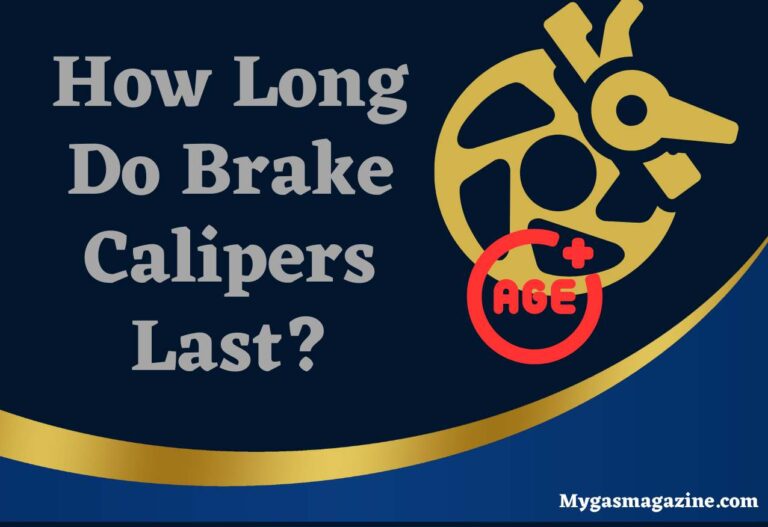
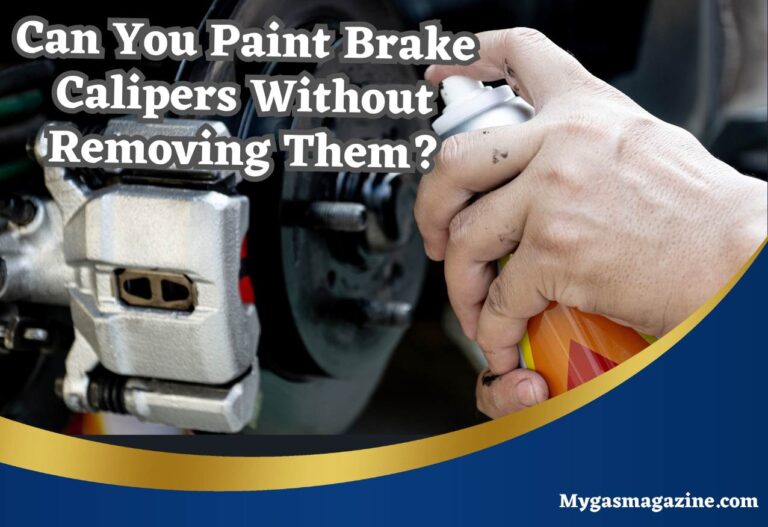
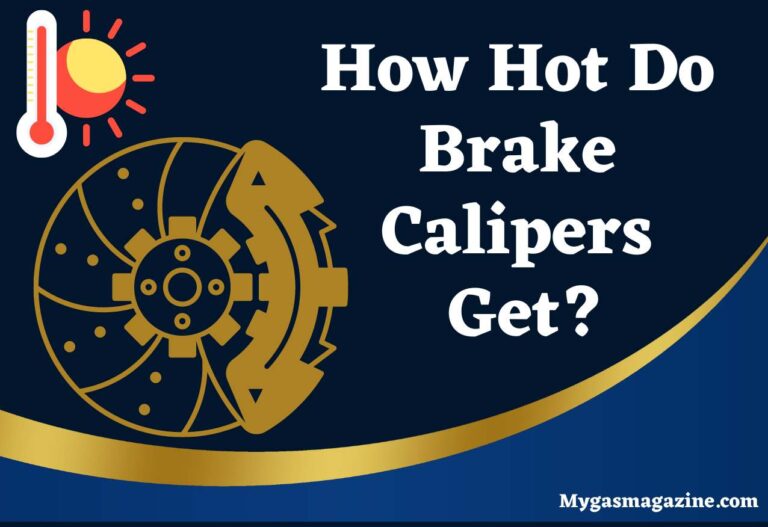
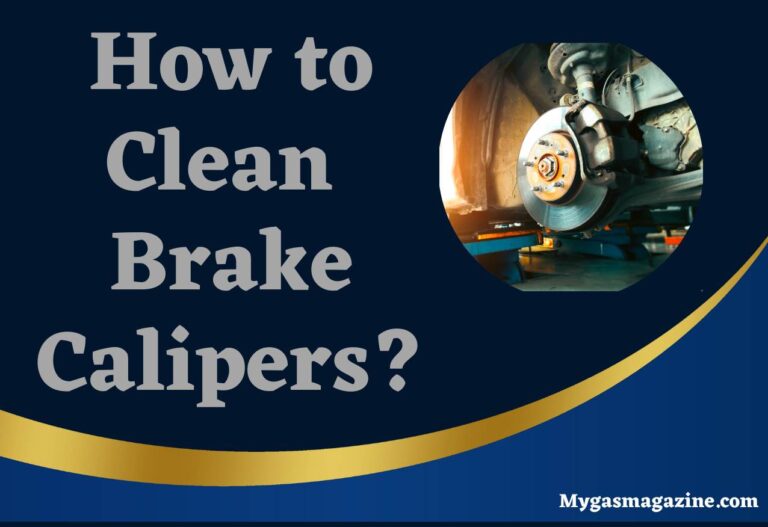
One Comment
Comments are closed.